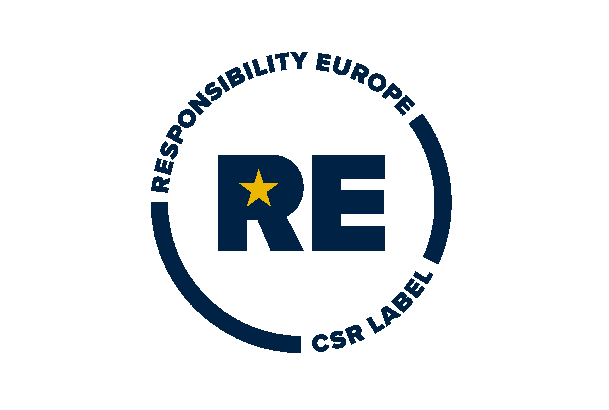How can you onboard new employees at distance and ensure they are well integrated?
More and more companies are starting to appreciate that it is possible to accept a different way of organising work: teleworking.
Indeed, teleworking, which until recently was not widely permitted, is starting to become more widespread. By opting for this choice, many companies have accepted that it offers several advantages, such as responding to employees’ requests for greater flexibility and for a better work-life balance. It also has huge potential for enabling companies to reduce office space and thus optimise working environments.
However, this new form of work organisation also brings challenges. One of those challenges is the integration of remote workers.
On the basis of these observations, it becomes obvious that any company wishing to undertake this type of organisational project will need to carry out a real in-depth reflection on how they plan to coordinate the integration of their future employees.
The success of a virtual integration policy depends on several issues, in particular:
Disposing of the appropriate technological tools.
A further prerequisite for the digital challenge is a comprehensive IT strategy including IT governance and infrastructure. Without this, it becomes extremely complicated to integrate a new employee successfully.
Here are some ideas for measures to facilitate during the initial period of virtual integration of a new collaborator, as well as during his/her trial period.
During the first few days
- Organise welcome meetings
The aim being to hold individual meetings between the manager and the new employee and between the team and the new employee in order to get to know each other and establish a good working relationship. They also provide an opportunity to discuss the missions and expectations that the manager wishes to attribute to the new employee.
- Align on the company's ways of working
Enable the new employee to familiarise him/herself with all the existing processes, work tools, operating rules, company values, different types of meetings, etc. by making a wide variety of media available. These tools will be very useful throughout the trial period.
Another way to get to know each other and to discover more about the internal tools is to set up an online treasure hunt.
Online training is another possibility, which allows the new employee to become familiar with the company culture within a short period of time:
- To retrace a brief history of the company
- To provide some key figures relating to your company
- To explain about the company’s values
- To present the different departments and the internal organisation
- To provide an overview of the company’s customers.
During the entire trial period
- Tutoring system
The tutor assumes the role of a sponsor, takes part in the monthly appraisals and is not a direct colleague of the employee. The aim is twofold: on the one hand, to have feedback on the quality of the work the employee produces for the company and, on the other hand, to provide the new employee with a direct and regular contact during his/her trial period, depending on his/her requirements.
The purpose of the monthly appraisal is to supervise and monitor the development of the employee during their trial period. Once a month, a meeting takes place between the tutor, the direct manager and the employee. During this meeting, the employee’s strong points, the difficulties encountered and the areas for improvement during the following month are discussed.
- The discovery report
The discovery report is a tool that makes it possible to detect potential malfunctions in the way the corporate operates. The idea is to gather information by asking the new employee for his or her opinion on various subjects (processes, values, internal organisation, management, etc.). The primary objective being to get an unbiased view of the internal workings of the company, benefitting from the fact that the new employee has not yet assimilated the corporate culture and is therefore in a good position to propose solutions and express new ideas.
During the trial period, all exchanges are important, no matter whether formal or informal. These exchanges are essential to accompany the new employee and help him/her to become autonomous.
These suggestions will help you implement a successful virtual integration process. However, do not forget that the employee experience is just as important as the “customer experience” and that by investing in your teams, you will be rewarded with committed and motivated employees!
Let us help you!
WANT TO RECEIVE OUR LATEST THOUGHT LEADERSHIP CONTENT?









